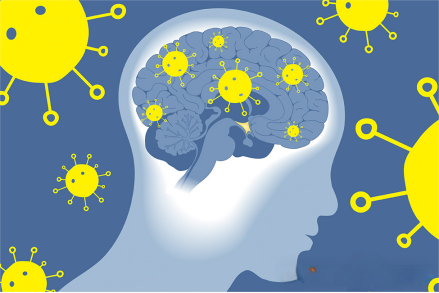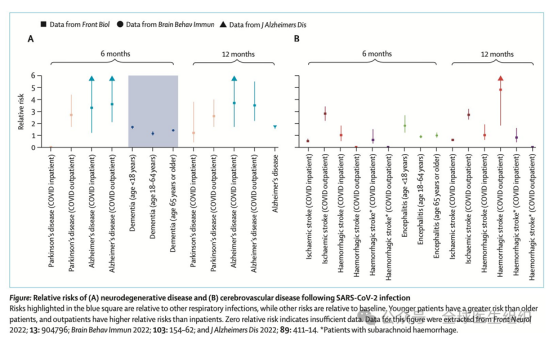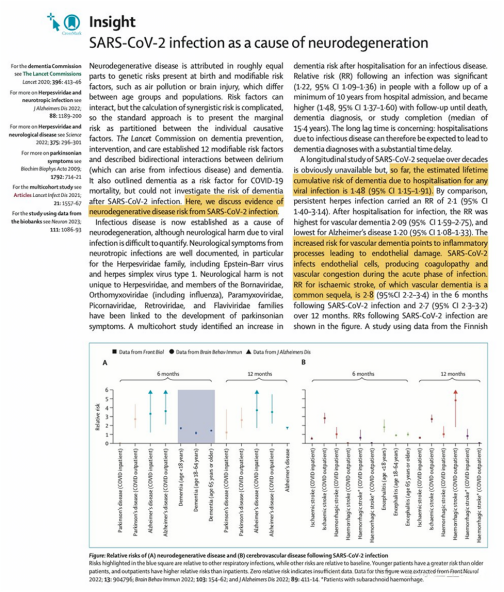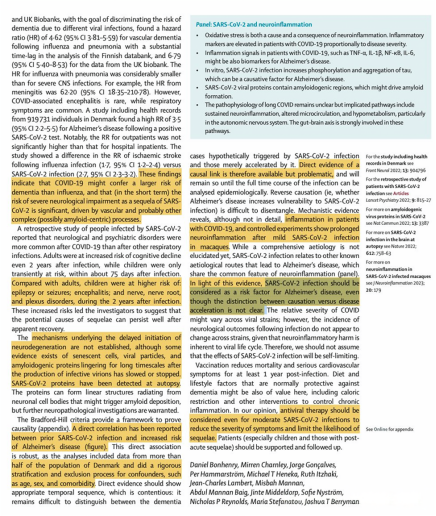全球医讯

According to the latest research report, COVID-19 infection has been proven to have a significant impact on the cognitive function of the brain, leading to the so-called "brain fog" phenomenon. What is more worrying is that some individuals have a significant decline in cognitive function within 2 to 3 years after recovery from the infection. In addition, the study also revealed the potential correlation between COVID-19 infection and neurodegenerative diseases. Experts in the medical field generally believe that this finding may mean that COVID-19 infection is one of the risk factors for neurodegenerative diseases such as Alzheimer's disease. Therefore, the prevention, control and treatment of COVID-19 infection need to attract great attention and vigilance from all sectors of society.
The latest international authoritative journal "The Lancet Neurological Diseases" paper report explains the correlation between new coronavirus infection and neurodegenerative diseases:
1. Given that COVID-19 infection has been identified as a potential risk factor for Alzheimer's disease, although it is currently impossible to definitively reveal its causal relationship and the accelerated association with disease severity, a large number of clinical cases have fully demonstrated a close correlation between the two.
2. Through research on laboratory macaque animal models, we observed that even in mild cases, people infected with the new coronavirus showed long-term, persistent neuroinflammation. This finding further confirms the close connection between new coronavirus infection and neuroinflammation.
3. The figure below analyzes in detail the direct correlation between COVID-19 infection and increased risk of Alzheimer's disease, providing a strong basis for a deeper understanding of the relationship between the two.

4. To date, the estimated lifetime cumulative risk of dementia from hospitalization for any viral infection is 1.48%.
In 2017, The Lancet published a report written by the Expert Committee of the Alzheimer's Disease/Dementia Prevention, Intervention and Care Commission, which detailed nine potential modifiable risk factors for dementia. These risk factors include: low education, high blood pressure, hearing loss, smoking habits, obesity, depression, lack of physical exercise, diabetes, and lack of social activities. Currently, based on the latest research progress, experts further recommend that persistent brain fog or cognitive decline after COVID-19 infection be included in the risk factors for dementia.
|See original article|

